Business transfer: When the opportunity arose for BioScott to buy out its main competitor Bakhaus
When Anne Le Moigne took the plunge into entrepreneurship, she already had over 20 years' experience in a completely different field. She went from aeronautics and human resources to bakery and pastry-making, because she was convinced that French know-how could be highly appreciated in Luxembourg, and she wasn't wrong! During our interview, we wanted to understand her career choice, as well as the steps she took to take over BioScott, with the help of our expert in ‘Transfer of Business’ Franck Alter. Enjoy your reading!
![[Translate to English:] [Translate to English:]](/fileadmin/_processed_/7/3/csm_412_Anne_Le_Moigne_BioScott_f43d42df3c.png)
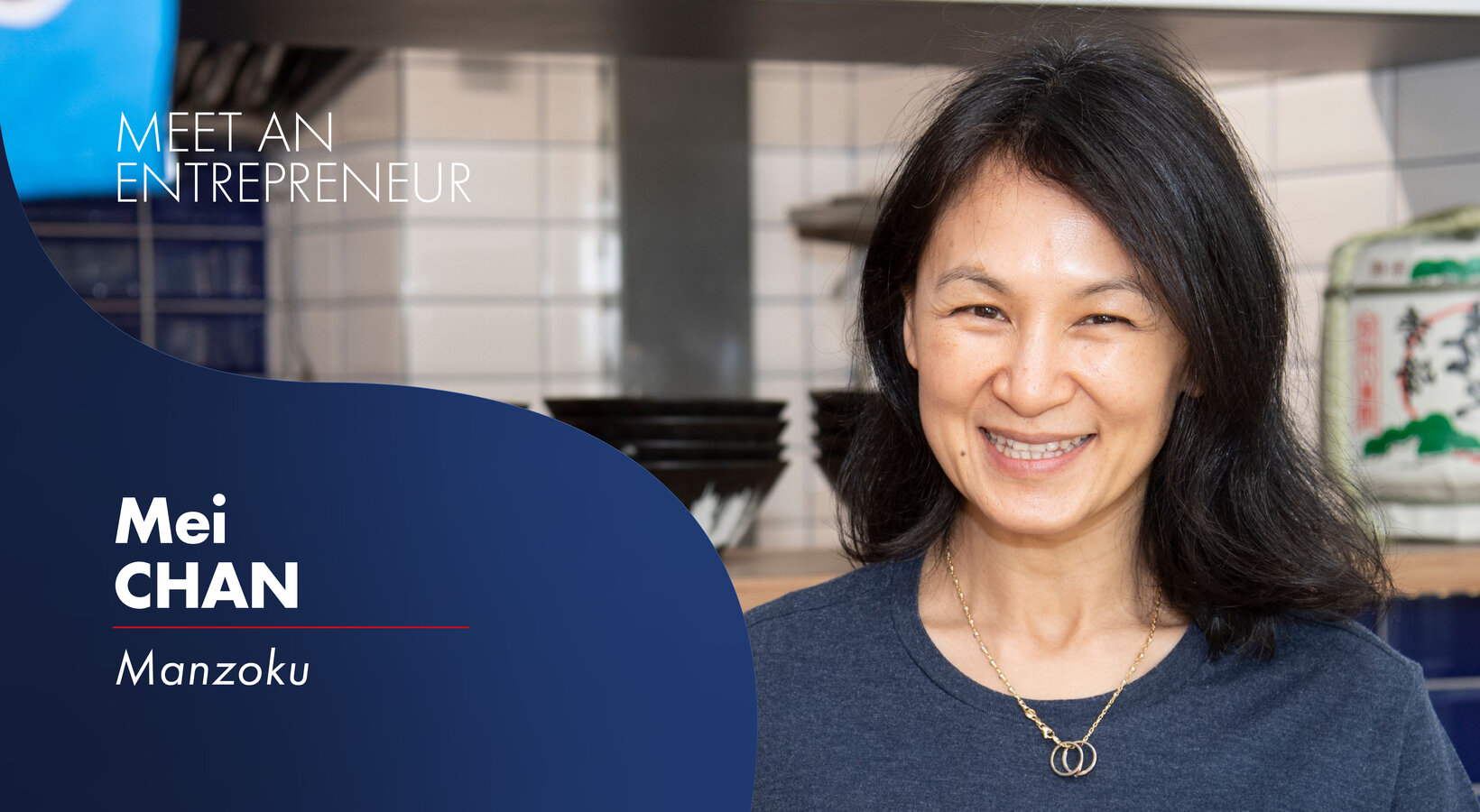
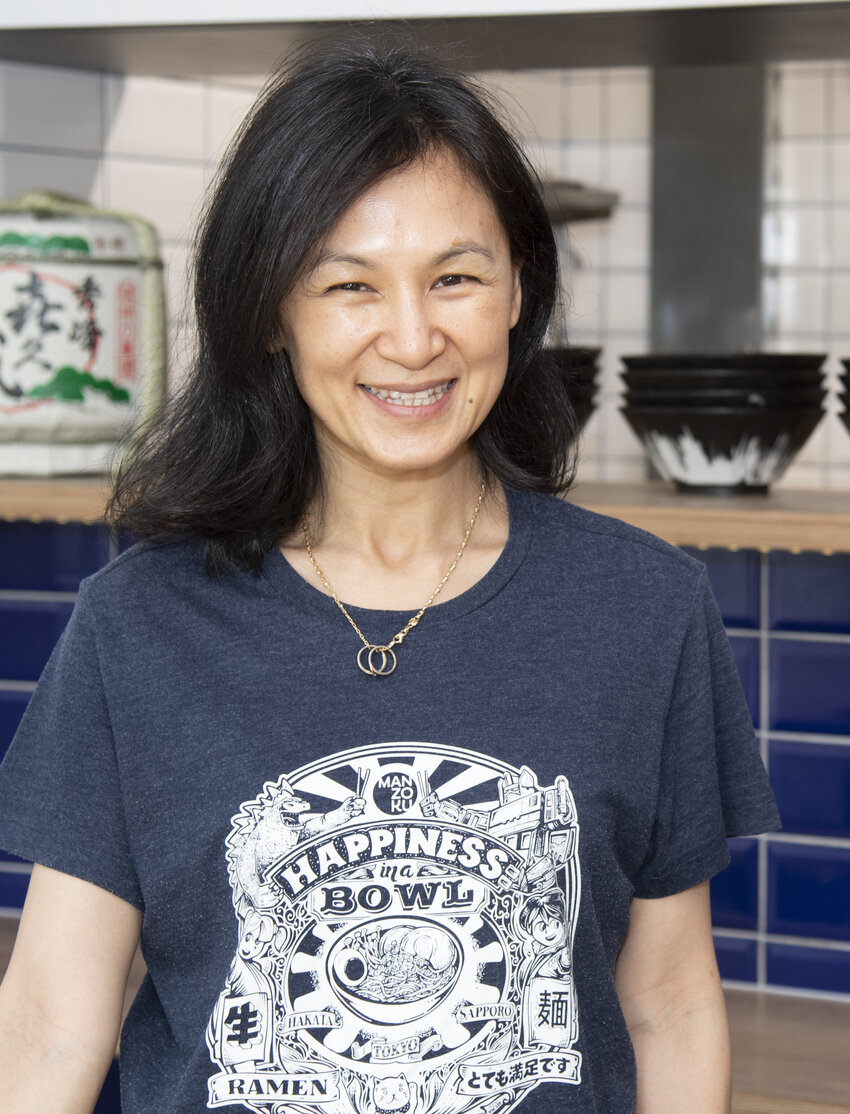
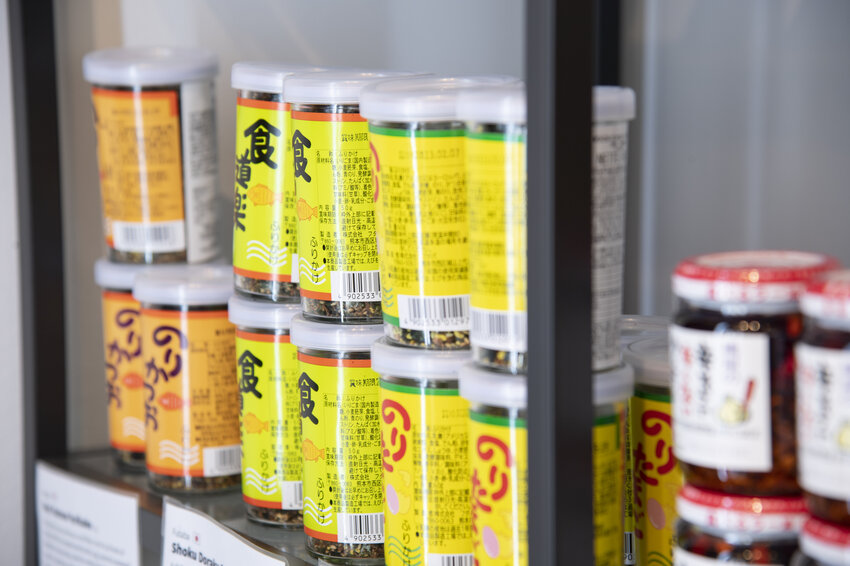
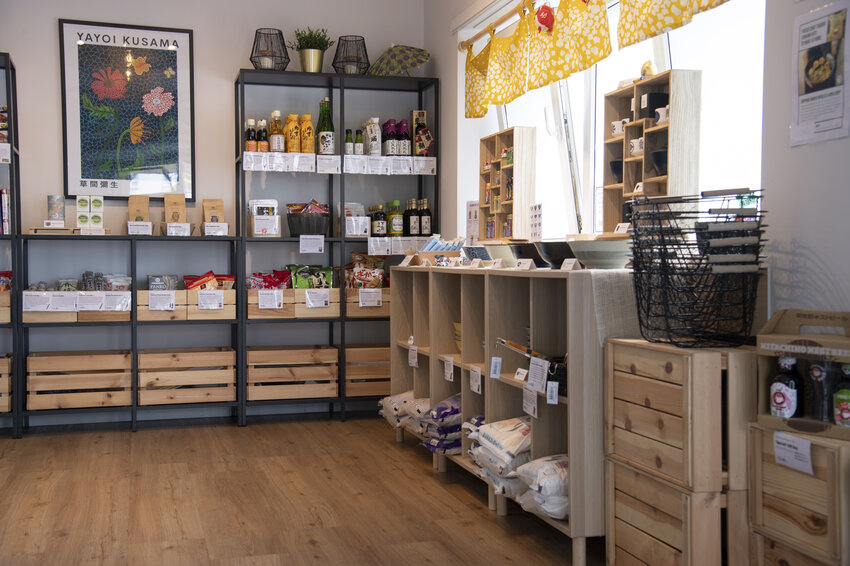
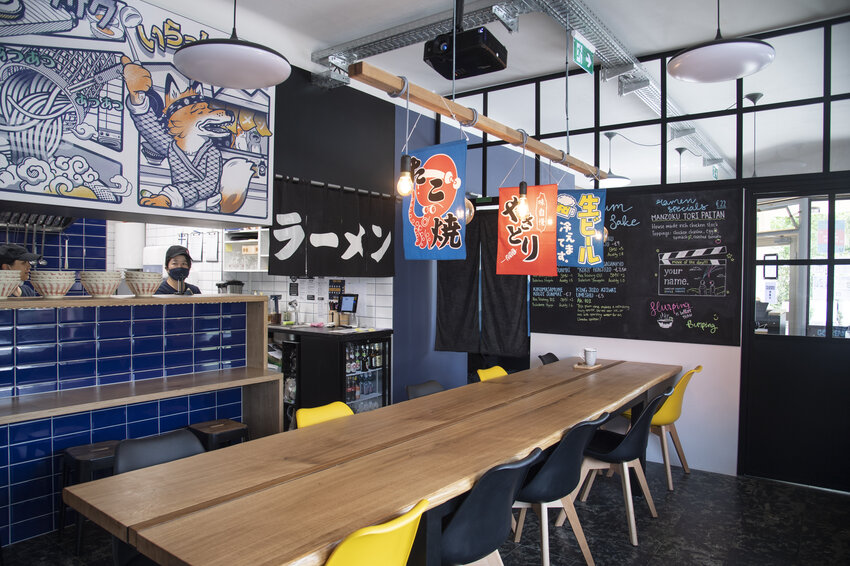
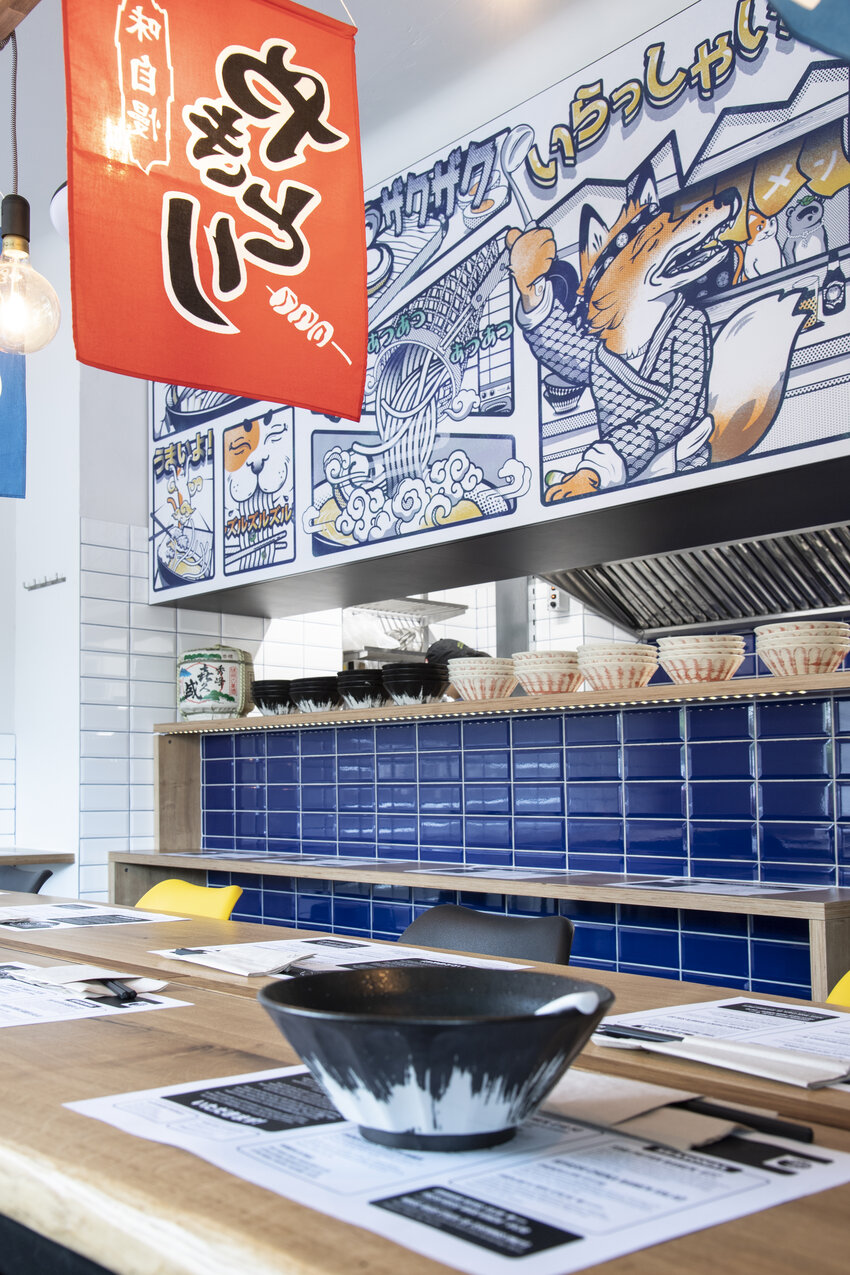

![[Translate to English:] [Translate to English:]](/fileadmin/_processed_/6/1/csm_403_EXP_Ferdinand-Marc_Gallinelli_Dessange_a278e67de2.jpg)
![[Translate to English:] [Translate to English:]](/fileadmin/_processed_/c/4/csm_405_PME_Fred_Giuliani_LetzTrail_24juil24_9cee3c5569.jpg)
![[Translate to English:] [Translate to English:]](/fileadmin/_processed_/c/8/csm_388_PME_Kasia_Krzyzanowski_NEIGHBOUR_MAGAZINE_607e7fb036.jpg)
![[Translate to English:] [Translate to English:]](/fileadmin/_processed_/b/b/csm_389_PME_Thierry_LI_SEABISCUIT_09avr24__1__929b4fc346.jpg)
![[Translate to English:] [Translate to English:]](/fileadmin/_processed_/6/7/csm_372_PME_Antoine_Paulien_WE_ARE_VOYAGERS_b521434d2b.jpg)
![[Translate to English:] [Translate to English:]](/fileadmin/_processed_/e/6/csm_371_PME_Julia_Gregor_on.perfekt_e3669afb46.jpg)
![[Translate to English:] [Translate to English:]](/fileadmin/_processed_/3/c/csm_370_PME_Marina_Andrieu_WIDEANDCO_debda40bcf.jpg)
![[Translate to English:] [Translate to English:]](/fileadmin/_processed_/c/f/csm_361__PME__Jessica_Dores__Dimanche_Matin_9f6a7ea3a6.jpg)
![[Translate to English:] [Translate to English:]](/fileadmin/_processed_/e/2/csm_365__PME__Hilbert_Mesquita_Goerens__desvustays__1__1e37d459b3.jpg)
![[Translate to English:] [Translate to English:]](/fileadmin/_processed_/3/7/csm_357__PME__Giulia_Iannucci__KnowThyBrand_Women_564acc9b73.jpg)
![[Translate to English:] [Translate to English:]](/fileadmin/_processed_/f/3/csm_charel-vandivinit-356_3c4a2bbb92.jpg)